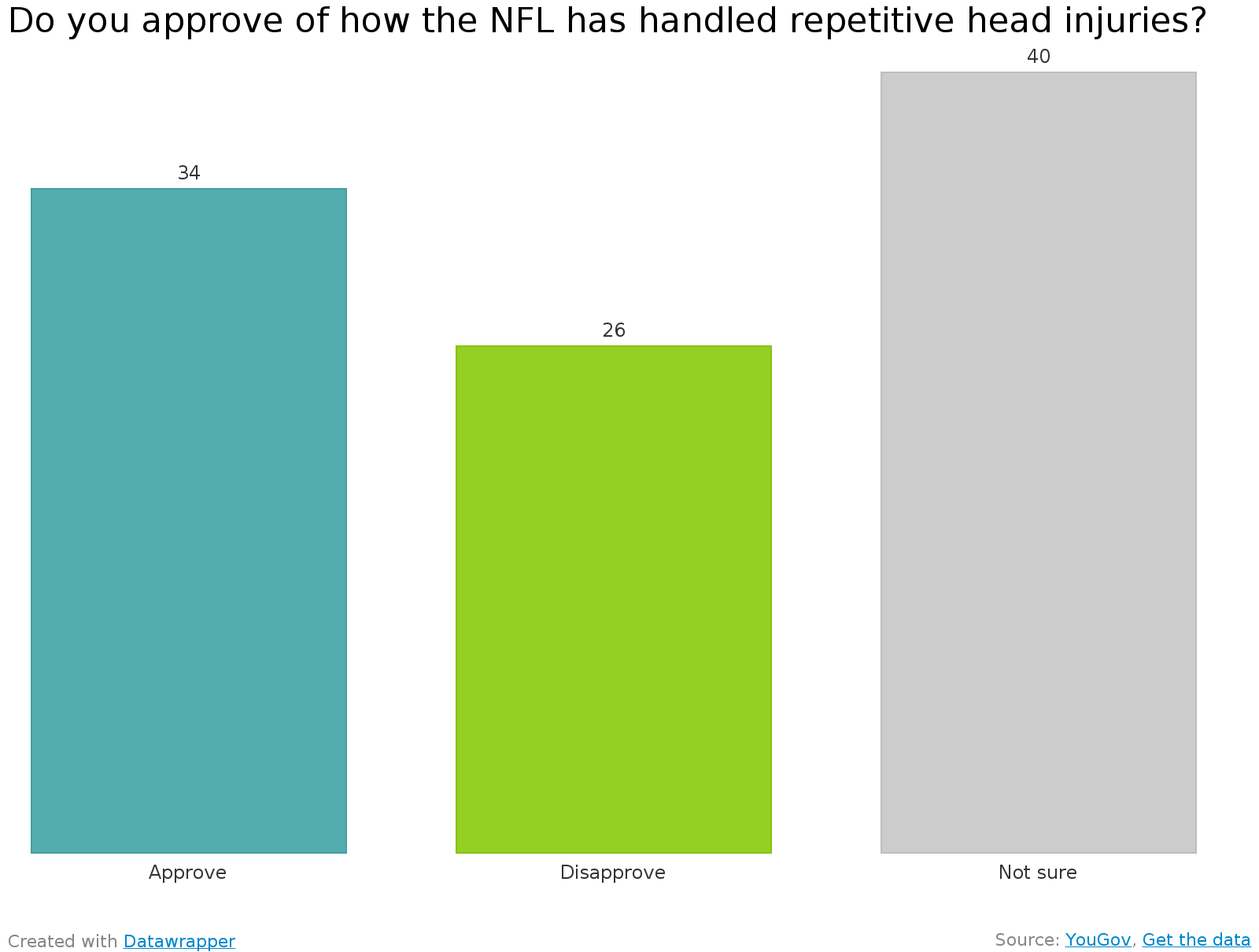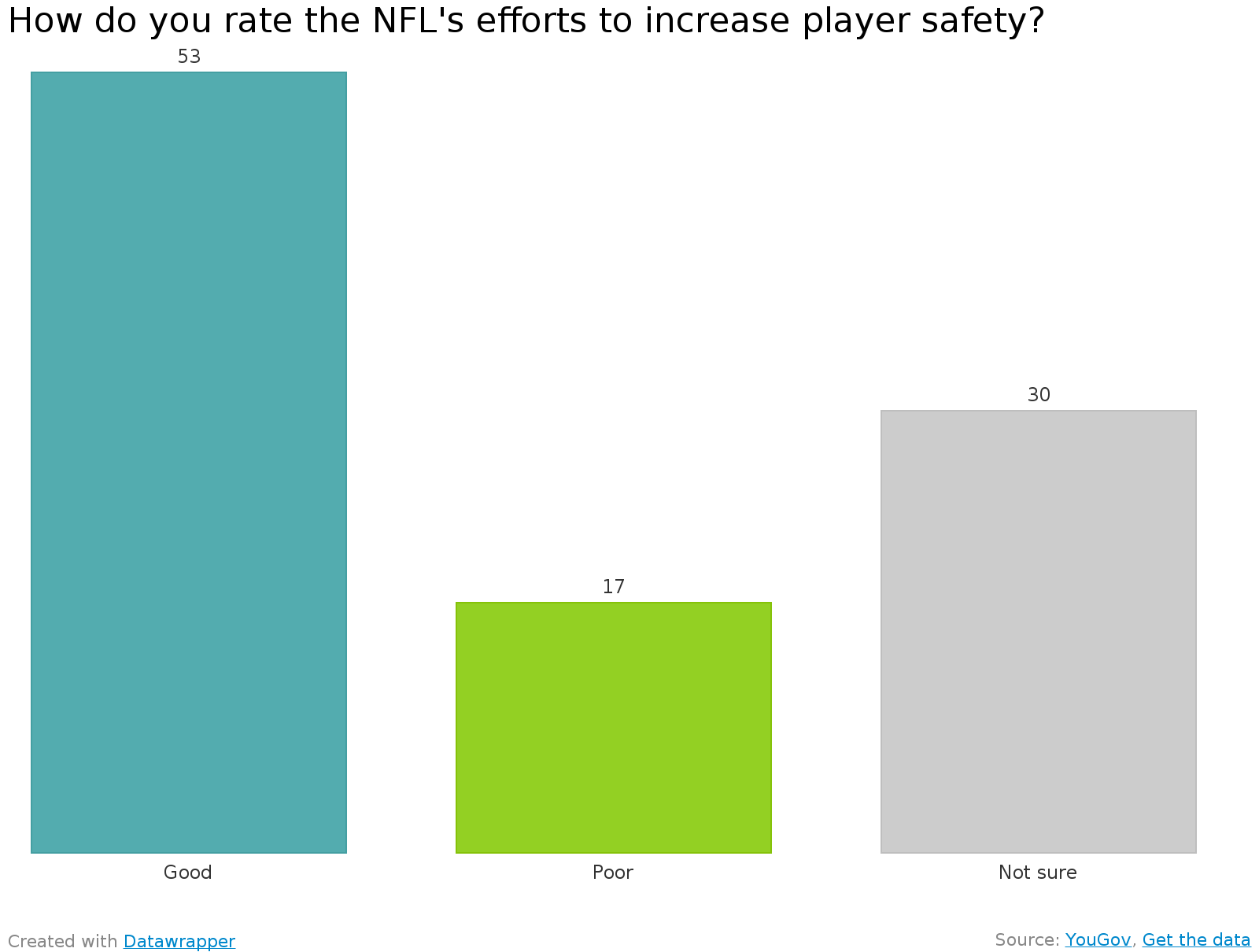There has been a lot of talk about the value of JC Penney's (JCP) real estate portfolio, including how much value the real estate represents per share, as if such amount is a floor for the stock price or a safety net in case of continued losses. As a shareholder, the question is - what is the value to you.
JCP's Real Estate - What is it really Worth?
First, what is the real estate even worth? The short answer is that we don't know. What we do know is that they have 1,102 stores, of which 306 are owned, 123 are subject to ground leases and 673 are leased. In addition, they own a central office building and some warehouses and distribution facilities. As of May 2013, Cushman & Wakefield valued the stores as follows:
Store Category | Count | Lit Appraised Value ($ million) | Dark Appraised Value ($ million) |
Stores by Ownership | ? | ? | ? |
Owned | 306 | 2,641 | 1,520 |
Ground Leased | 123 | 680 | 297 |
Leased | 673 | - | - |
Total Stores | 1,102 | 3,322 | 1,817 |
Properties by Mall Grade (Owned and Ground Lease Only) | ? | ? | ? |
A | 105 | 1,424 | 913 |
B | 148 | 1,140 | 589 |
C/D | 44 | 168 | 52 |
Not Rated or Non-Mall | 132 | 589 | 261 |
Other(1) | 10 | 762 | 385 |
Total Owned and Ground Leased Properties | 439 | 4,084 | 2,203 |
(1) Includes distribution centers, home office and affiliated land.
The first thing you will note is the disparity between the lit and dark value, with the dark value being around 55% of the lit value. The dark value calculation for an anchor mall tenant is particularly difficult to value, given that the mall operator will have rights in respect of any new leases, the mall traffic will drop as a result of the loss of an anchor tenant, and the limited number of retailers that can operate an anchor position. If 1,102 JC Penney stores were to go dark, it is highly unlikely that all stores could be filled by alternative tenants. Macy's, Nordstrom Rack, TJ Maxx, etc may fill 100 of them but it is difficult to imagine all 1,102 could be filled. Some would have to be retrofitted into movie theaters or other alternative uses. Some (perhaps most) would stay dark, particularly in low value locations. Bottom line is that it is difficult to assign a lit value and much more difficult to assign a dark value.
The $2.25 Billion Term Loan
The $2.25 billion term loan is secured by substantially all tangible and intangible assets of the company, including the real estate assets (but also including the IP around the private label brands and the "JC Penney" name itself). Mortgages were granted to the lenders in respect of owned and ground lease properties, including the central office building and distribution centers, representing properties valued by Cushman & Wakefield at $3.2 billion. This means that the lenders under the $2.25 billion term loan received (I) a pledge over all tangible and intangible assets and (ii) perfected mortgages in respect of $3.2 of the $4.1 billion of total real estate assets. The difference of roughly $900 million presumably represents real estate assets that are typically excluded from security packages either because granting a mortgage would require consent of a third party such as a mall operator, because it would be too burdensome to perfect a mortgage or because the value of the real estate was too low on an individual basis to meet a cost-benefit threshold. In any event, the lender presentation used to syndicate the term loan indicates that all real estate assets were included in the collateral package even if only $3.2 billion were pledged through perfected liens.
Value to Shareholders
So here we get to the point. Given what we know about the value of the real estate and the collateral package for the term loan, what is the value of the real estate to JCP shareholders?
To answer that I back up and first answer what the value of owning real estate is to shareholders in particular. Companies buy their office buildings all the time. Amazon recently bought its office building in Seattle and Google recently bought an office building in Manhattan. Owning real estate can create value for shareholders in one of two ways:
- it lowers rent/lease payments, which increases profitability; and
- it represents and asset that can be sold or pledged.
In JC Penney's case, its real estate ownership has been unchanged for years, so there is no change to its rent/lease payments and no change to profitability. Substantially all of the real estate has now been pledged to lenders under the $2.25 billion term loan. As a consequence, any sales of any real estate assets over certain minimum thresholds will be required to be applied to prepay the term loan. (Side note: contrast this with Sears (SHLD), which has unencumbered real estate that it can gradually sell over time to compensate for continued cash burn. This is a very significant advantage Sears has over JC Penney going forward).
In what case then can the real estate have value for the JCP shareholder if owning the real estate is not generating profits through lower rent/lease payments and if the company cannot liquidate any of the real estate without using the proceeds to prepay the term loan? One argument is that in a Chapter 7 type liquidation, the real estate could be liquidated, and if the $4.1 billion valuation is accurate, the $4.1 billion of proceeds from the liquidation would be used to repay the $2.25 billion term loan, leaving $1.85 billion for shareholders. This, however, would require that the company enter into a Chapter 7 type liquidation. When have you ever seen management of a retailer voluntarily liquidate? Never. Management simply do not close up shop. They restructure/dilute equity holders through equity offerings and try again. And again. Until either they succeed (at which point the original shareholders will have been diluted almost completely) or they do not and the creditors liquidate the assets.
Cash Burn
If JC Penney continues to burn cash, and if they reach a level of minimum cash required to operate a business their size, they will need to somehow raise more cash. Any sales of real estate would be required to be applied to prepay the $2.25 billion term loan and would not result in additional cash. The company has already sold down the vast majority of its non-real estate assets, including its REIT holdings, in 2012 and the first quarter of 2013. If they need to raise additional cash, whether as a result of continued cash burn, withdraw of vendor financing or the need to repurchase inventory, their only choices will be (1) raise additional cash through an equity offering or (2) convince the term loan and credit facility lenders to increase the size of those loans. Given the "dark" valuations above, I don't see (2) as viable, particularly after the recent quarter. If they need cash, it seems their only choice will be (1), which will substantially decrease the stock price.
For argument's sake, we can assume (1) that the real estate is worth $5 billion, substantially more than the Cushman & Wakefield valuation and (2) there is continued cash burn and the company requires additional cash. Given that management will not agree to liquidate the company and all sales of real estate collateral must be applied to the term loan, again the only choice is an equity offering. So same result. A $5 billion valuation may make it marginally more likely that the lenders increase the size of the loan, but only marginally.
Bottom line is that to an equity holder, the value of the real estate is not very relevant to you. What is relevant is the rate of cash burn. If JC Penney does not stop the cash burn, equity holders will likely all but be wiped out, regardless of how much hidden value there is in that real estate.
Disclosure: I am short JCP. I wrote this article myself, and it expresses my own opinions. I am not receiving compensation for it (other than from Seeking Alpha). I have no business relationship with any company whose stock is mentioned in this article. (More...)
Source: http://seekingalpha.com/article/1657252-what-is-j-c-penneys-real-estate-worth-and-does-it-even-matter-to-shareholders
Inauguration Schedule barack obama dear abby WRAL John Harbaugh jill biden jill biden









